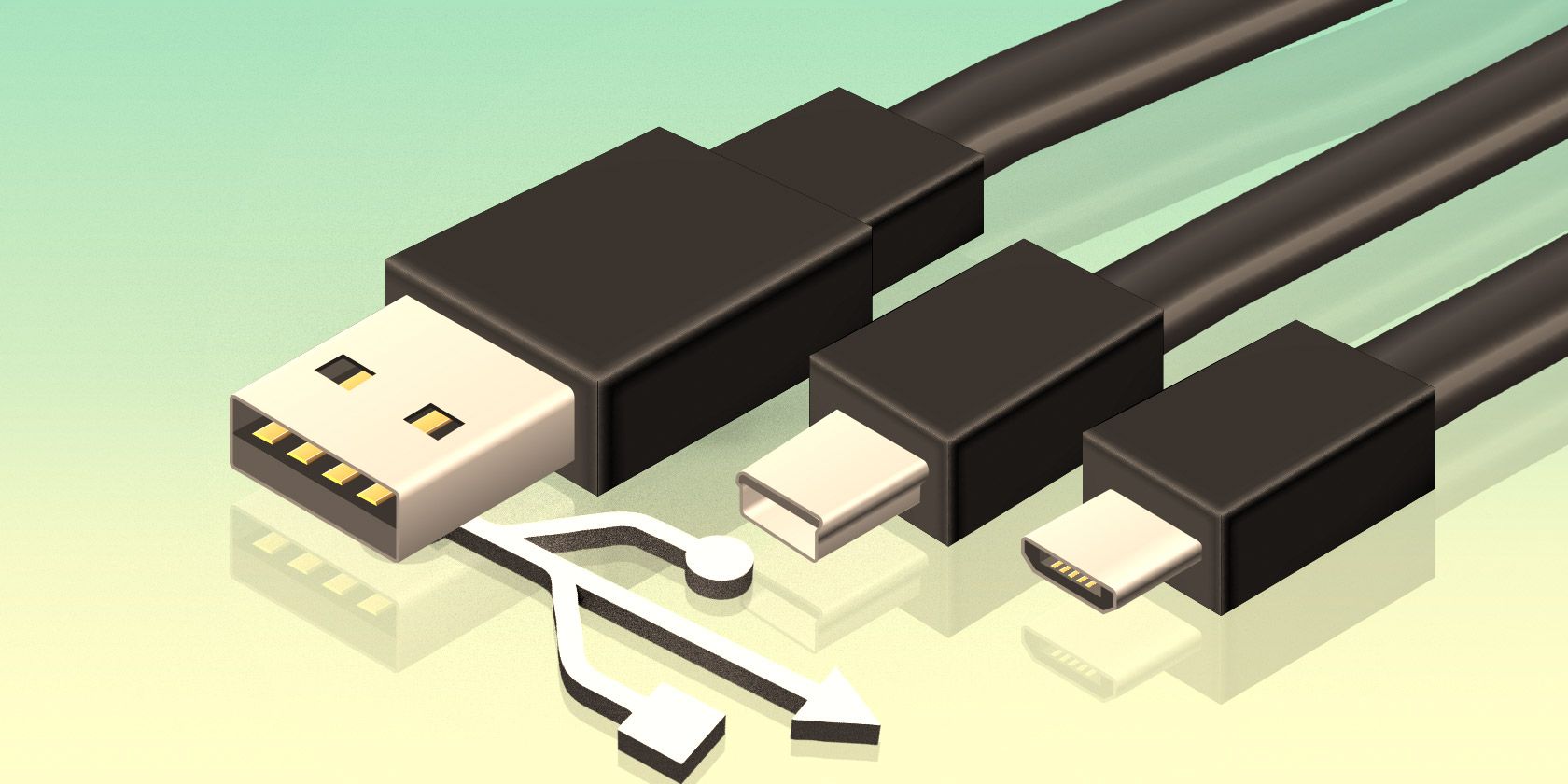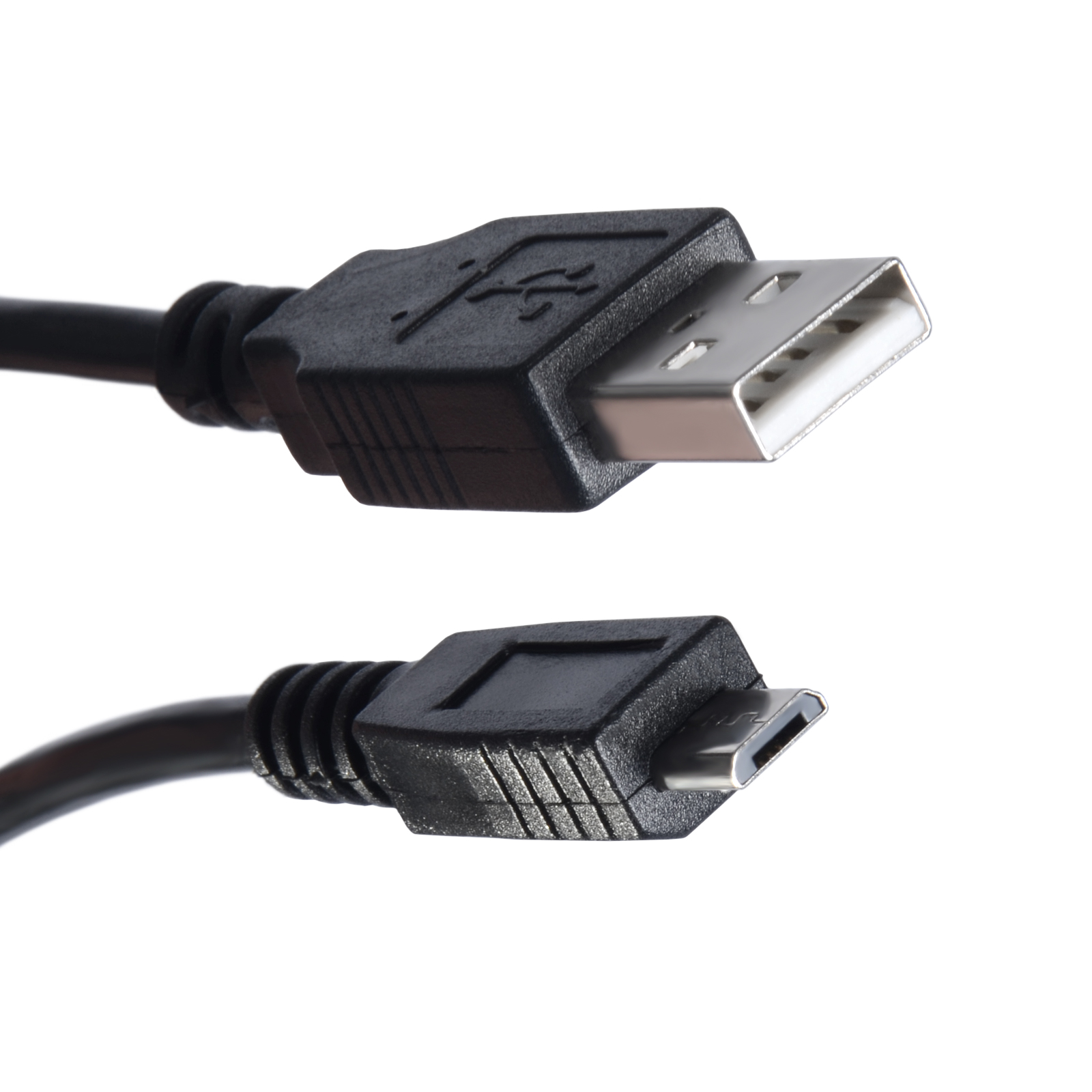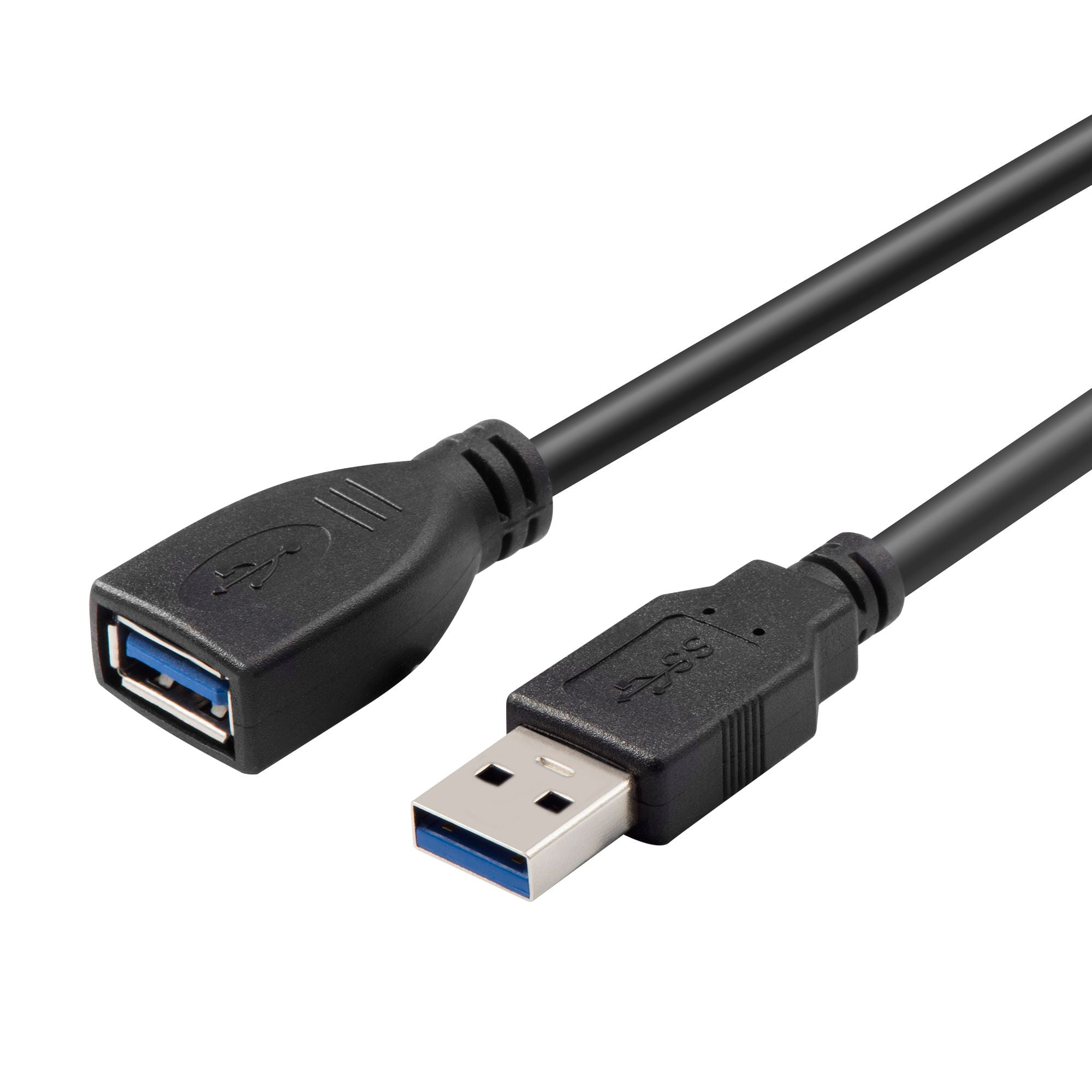

With this in mind, we made USB-IF certification a testing requirement for Micro-USB–to–USB-C cables, but not for Micro-USB–to–USB-A cables. If USB-C, must be USB-IF-certified: Although at least 300 Micro-USB–to–USB-A cables have been certified by USB-IF to date, a representative told us the organization is seeing fewer models submitted for certification due to the widespread transition to USB-C charging in the industry.At least a one-year warranty: Although a good cable will ideally last a few years or more, especially if you take proper care of it, we think one year is plenty of time to fully test out a cable’s capabilities, make sure it fits your needs, and find out if you have a dud.Two of our three picks are also available in other lengths if you prefer a shorter or longer cable.

That’s long enough to reach from most wall outlets to the floor (or a table, desk, or countertop) without leaving your device dangling mid-air, but not so long that it’ll clutter up your charging station. Between 3 and 6 feet long: We think a Micro-USB cable should ideally be at least 3 feet, but no longer than 6 feet, in length.
USB CONNECTOR DOWNLOAD
The USB Type-C ® Cable and Connector Language and Packaging Usage Guidelines are available for download here. USB Type-C ® Language, Product and Packaging Guidelines
USB CONNECTOR LICENSE
All implementation examples and reference designs contained within this Specification are included as part of the limited patent license for those companies that execute the USB 3.0 Adopters Agreement. In addition to passing USB-IF compliance testing and inclusion of its USB Type-C ® products on the Integrators List, companies wishing to use the certified USB logos must have a current USB-IF Trademark License Agreement on file.
USB CONNECTOR HOW TO
Information on how to register your product for testing can be found here. For more information about USB Type-C ® testing please visit the USB Type-C Compliance Area. The USB Type-C ® Specification can be found in the Document Library. USB Type-C ® and USB-C ® are registered trademarks of USB Implementers Forum. Supports scalable power and performance to future-proof your solution.Features reversible plug orientation and cable direction.Slim and sleek connector tailored to fit mobile device product designs, yet robust enough for laptops and tablets.NOTE: By using the Specification, you accept these license terms on your own behalf and, in the case where you are doing this as an employee, on behalf of your employer. In order to obtain any additional intellectual property licenses or licensing commitments associated with the Specification a party must execute the USB 3.0 Adopters Agreement. Except for this express copyright license, no other rights or licenses are granted, including without limitation any patent licenses.

Without limiting the foregoing, use of the Specification for the purpose of filing or modifying any patent application to target the Specification or USB compliant products is not authorized. The USB 3.0 Promoters grant a conditional copyright license under the copyrights embodied in the USB Type-C ® Cable and Connector Specification to use and reproduce the Specification for the sole purpose of, and solely to the extent necessary for, evaluating whether to implement the Specification in products that would comply with the specification.

This specification is to establish a new USB connector ecosystem that addresses the evolving needs of platforms and devices while retaining all of the functional benefits of USB that form the basis for this most popular of computing device interconnects. Additionally, as platform usage models have evolved, usability and robustness requirements have advanced and the existing set of USB connectors were not originally designed for some of these newer requirements. Many of these newer platforms and devices are reaching a point where existing USB receptacles and plugs are inhibiting innovation, especially given the relatively large size and internal volume constraints of the Standard-A and Standard-B versions of USB connectors. With the continued success of the USB interface, there exists a need to adapt USB technology to serve newer computing platforms and devices as they trend toward smaller, thinner and lighter form-factors. USB Type-C ® Cable and Connector Specification


 0 kommentar(er)
0 kommentar(er)
